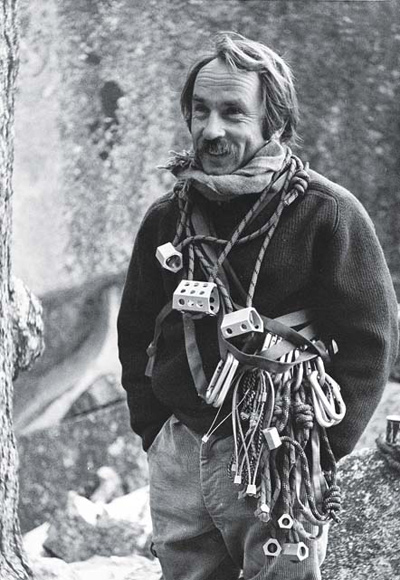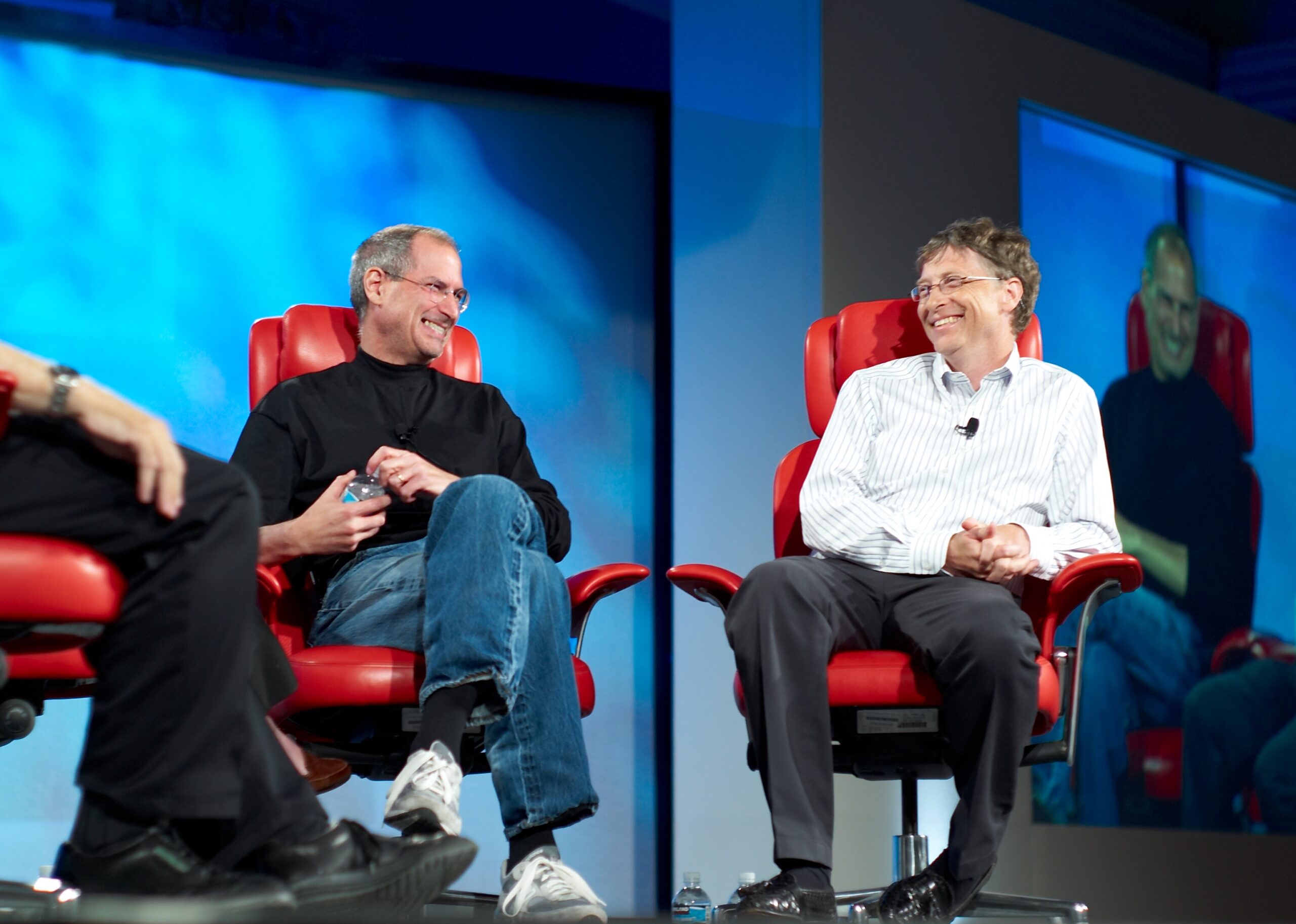Over the decades, some of the best-known, most successful, and most widely respected entrepreneurs have offered insights and advice to others based on their own experiences. They’ve created innovative products, driven explosive growth for their companies, and changed the world in the process. Here are some of the key lessons we can learn from three of the greats.
Steve Jobs – Follow Your Interests and Passions
Steve Jobs certainly needs no introduction. Arguably the single most influential catalyst of the revolution in personal computing, Jobs founded Apple with Steve Wozniak in 1976. In 1977, the company launched the Apple II personal computer.
Seven years later, Apple debuted the Macintosh, the first commercially viable personal computer to deploy a mouse and a graphical user interface. Jobs’ iPod (2001) democratized music by putting a personal playlist into every user’s pocket. His iPhone (2007) merged music, web browsing, and mobile telecommunications into a single, seamlessly elegant device to create a revolution of its own.
One of Jobs’ singular talents involved seeing potential in ideas and products that other entrepreneurs didn’t have the imagination, or the fine-tuned strategic vision, to notice. He bought Pixar Animation Studios—then known as the Graphics Group—from George Lucas in the mid-1980s, when the company had yet to make any kind of mark on popular entertainment. Jobs paid Lucas $5 million.
Under Jobs’ guidance, Pixar created the first full-length, computer-animated feature film. Toy Story (1995) became a blockbuster and a perennial family favorite, spawning successful sequels and lucrative merchandise tie-ins. In 2006, the Walt Disney Company spent more than $7 billion to acquire Pixar from Jobs.
Jobs would tell emerging entrepreneurs to allow themselves to be led by their own curiosity, intuition, and passion. He once found himself intrigued by calligraphy and decided to take classes in the subject. Most people might have looked at this as a side-trip into a hobby with little potential for return on investment. Not Jobs: his newfound knowledge of this ancient art gave him the eye for design that informed his visual presentation of the Macintosh.
A notorious perfectionist and a workaholic, Jobs noted that his passion for his company—in particular, for perfecting a concept and bringing it to market in a meticulously produced package—drove a big part of his success. He often noted that, when you love what you do, you are willing to put more of your time and energy into building your product or service, not giving up until you’ve fulfilled your vision.
Bill Gates – Let Failure Become a Learning Experience
Jobs’ rival Bill Gates started Microsoft with Paul Allen in 1975. A decade later, the company put the Windows 1.0 operating system onto the market, creating another technological revolution. A string of innovations followed over the decades—notably Windows 95, the Xbox video gaming console, and the Microsoft Office Suite with its now-familiar Word and Excel desktop applications. These achievements led to Gates’ retirement from day-to-day direction of his company in 2008, at the height of his game.
Gates then began to focus on his passion for philanthropy. The Bill and Melinda Gates Foundation, which he began in partnership with his then-wife, has become a highly effective supporter of health and nutrition programs throughout the developing world. Its work on education, women’s rights, and human rights, and its fight against poverty and disease, has saved an estimated more than 150 million lives.
Like Jobs, Gates relied on following his interests and his intuition. Also like Jobs, he learned from his failures and used them to inform his next steps in innovation.
Ironically, for Gates and numerous other successful entrepreneurs, learning from failure is a superpower. “Success is a lousy teacher,” he once said, noting that too much success can lull an entrepreneur into a false sense of invulnerability. It makes you overconfident, thinking you can’t lose. When you fail to prepare for problems and pitfalls ahead, you’re more likely to become mired in them.
While it’s great to celebrate your team’s successes, Gates has observed, it’s more helpful to “heed the lessons of failure.” He further noted that listening to the complaints of your most unhappy customers can become a spur to making much-needed improvements in a company. In his book Business @ the Speed of Thought, he argued that customer complaints provide more valuable insights than a company’s financial statements.
Yvon Chouinard – Prioritize Experience and Values

Learn by doing and stick to your values, Patagonia founder Yvon Chouinard has urged. Chouinard also followed his passions. He started his outdoor gear supply company in 1973 after crisscrossing North America as a mountaineering enthusiast in his 20s. He then grew Patagonia into a multi-billion-dollar business, based on his values of environmental activism and ethical business practices.
Chouinard’s knowledge of what climbers and other outdoorspeople really wanted and needed led to the design and marketing of a catalog of now-iconic, reliable, high-quality products. His commitment to sustainability has turned Patagonia into one of the world’s most respected brands with legions of committed customers.
A learn-by-doing approach is a key aspect of Chouinard’s success. Instead of deciding to “study the problem in your head,” he advocates “the entrepreneurial way:” Get out of your head and take the first step forward. If that seems to put you on solid ground, take another. If it doesn’t, take a step back and look at going in a different direction.
The point is to keep progressing, gaining experience and learning as you go. “It is a faster process,” Chouinard has noted. It can feel uncomfortable at times, because you can’t wait until you have filled in all the dots before you act—in that case, a competitor is likely to edge in ahead of you.
Having reached the pinnacle of financial success and freedom through his company, Chouinard continues to let his forward-looking approach, and his values, inform his decisions. Patagonia has diverted 100 percent of its voting stock into a trust designed to perpetuate its central value of environmental stewardship.

